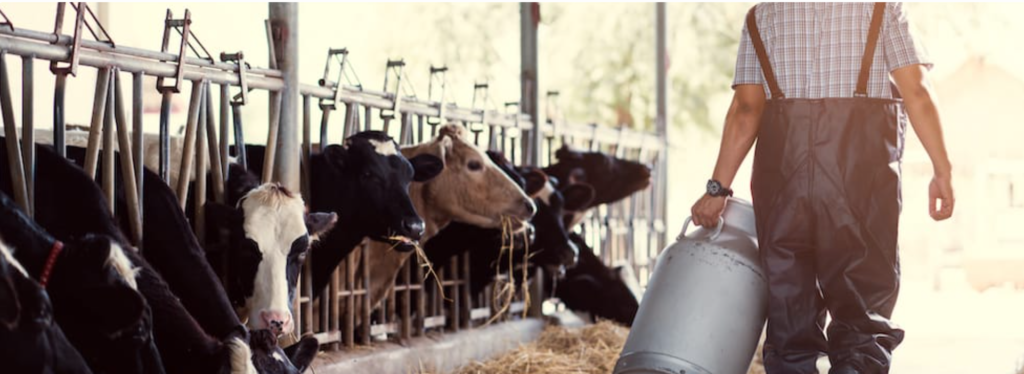
Resiliency Means Not Letting Anything Go to Waste
How Reinford Farms Turns Waste Into Energy
At Rubicon®, we believe it is important to highlight every aspect of our work, from the men and women who manage our waste and recycling, to our customers as they take the lead in the fight against COVID-19, to our city partners as they tackle the war on waste.
Last year, shortly before launching a line of perishable food products, a large national variety store chain approached us wanting to learn more about our organics recycling offerings. Up to that point, Rubicon had primarily worked with the customer on plastics, paper, and cardboard recycling. But the retailer understood that selling fresh food would present a different challenge.
Prior to launching their line of perishable food products, the discount chain had only been selling packaged food. Their distributors would drop-ship the food items to them and take away expired product. After launching, the company became responsible for doing something with their expired products, including expired milk—a special challenge.
